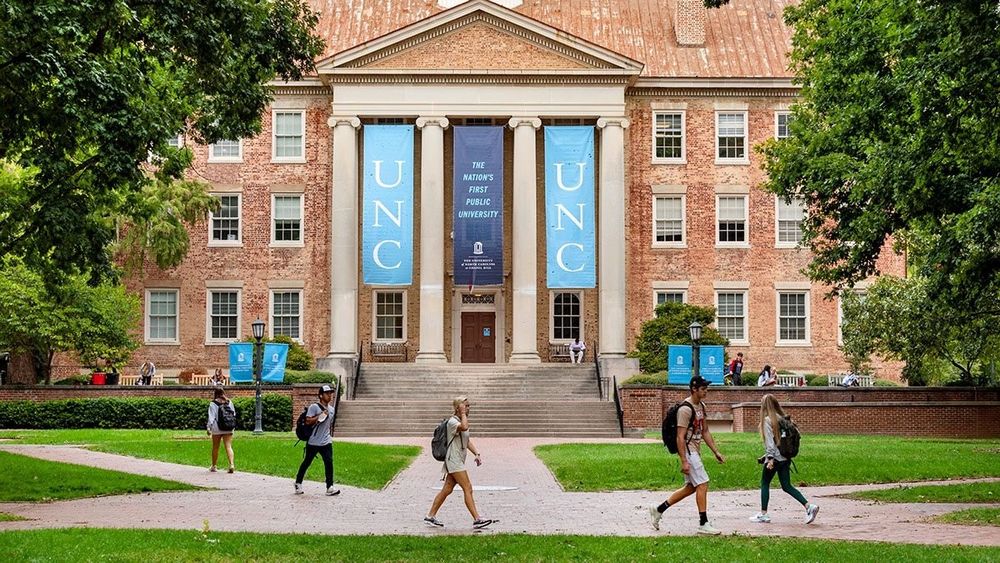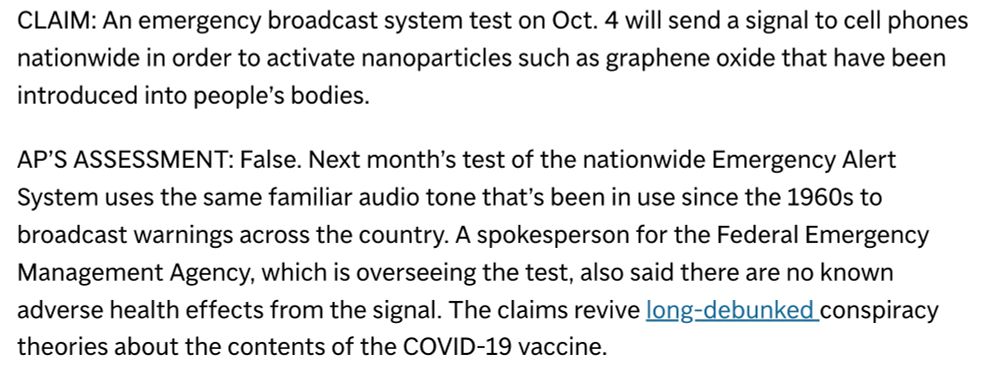
Again, misestimates result mainly from the psychological errors we make anytime we estimate %s, not from anything specific to the group being estimated

Again, misestimates result mainly from the psychological errors we make anytime we estimate %s, not from anything specific to the group being estimated

These are 100k estimates of the size of racial and non-racial groups made by 37k people in 22 countries

These are 100k estimates of the size of racial and non-racial groups made by 37k people in 22 countries

www.pnas.org/doi/10.1073/...
Why do people overestimate the size of politically relevant groups (immigrant, LGBTQ, Jewish) and quantities (% of budget spent on foreign aid, % of refugees that are criminals)?🧵👇

www.pnas.org/doi/10.1073/...
Why do people overestimate the size of politically relevant groups (immigrant, LGBTQ, Jewish) and quantities (% of budget spent on foreign aid, % of refugees that are criminals)?🧵👇

Different research designs and outcomes = different conclusions about whether misinformation interventions work

Different research designs and outcomes = different conclusions about whether misinformation interventions work
Importantly, these two designs can lead to different conclusions about whether misinformation interventions work👇

Importantly, these two designs can lead to different conclusions about whether misinformation interventions work👇
In a recent paper in Nature Human Behavior (t.co/m3YaS7VaJl) we argue that researchers should 1) measure whether people believe/share both false AND true content and 2) assess efficacy using a measure of discernment.

In a recent paper in Nature Human Behavior (t.co/m3YaS7VaJl) we argue that researchers should 1) measure whether people believe/share both false AND true content and 2) assess efficacy using a measure of discernment.
misinforeview.hks.harvard.edu/article/what...
Short 🧵 on why you should be measuring discernment👇

misinforeview.hks.harvard.edu/article/what...
Short 🧵 on why you should be measuring discernment👇
Back then I thought it was crazy that this was being framed as such a polarizing issue.
Enter 2023...

Back then I thought it was crazy that this was being framed as such a polarizing issue.
Enter 2023...

